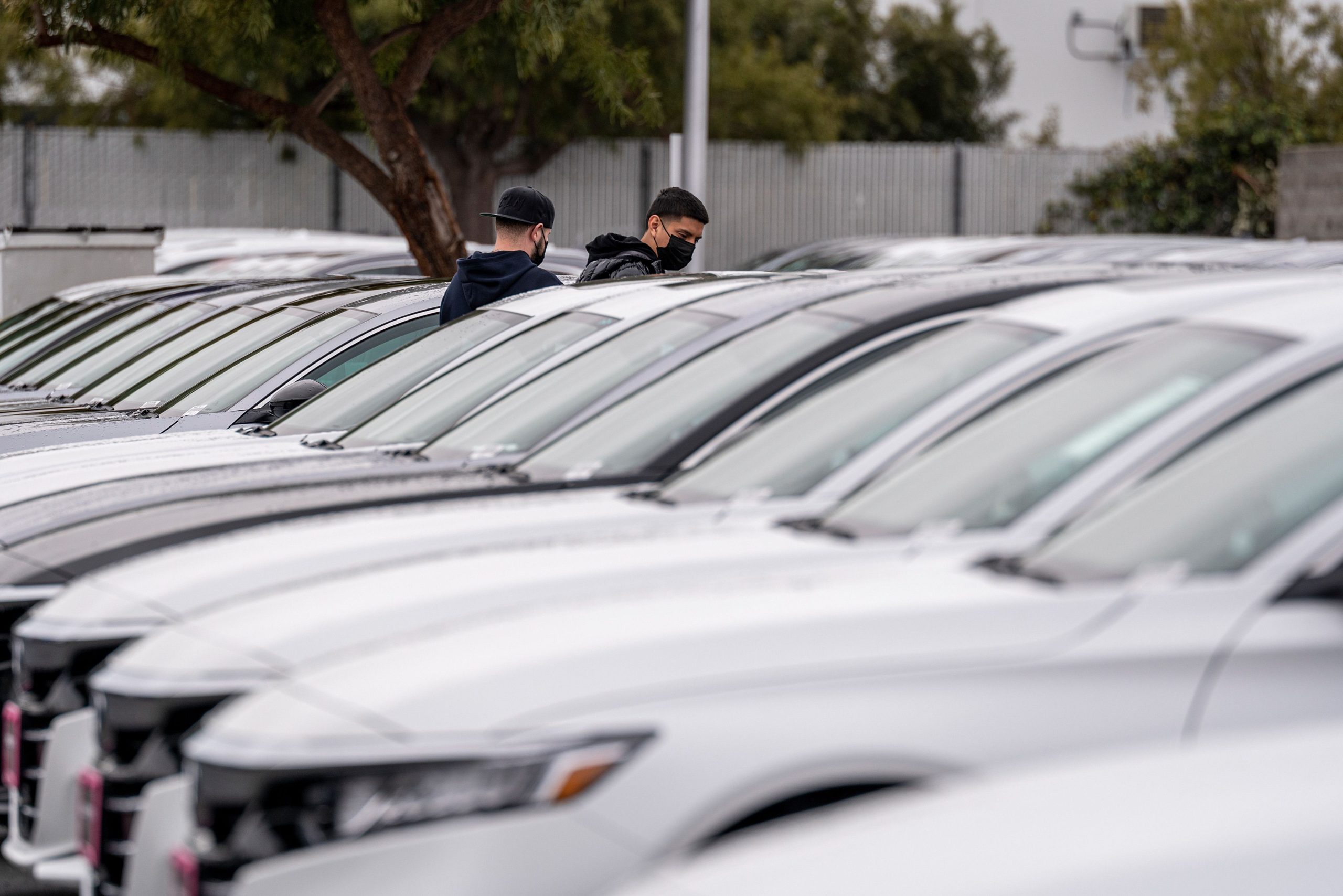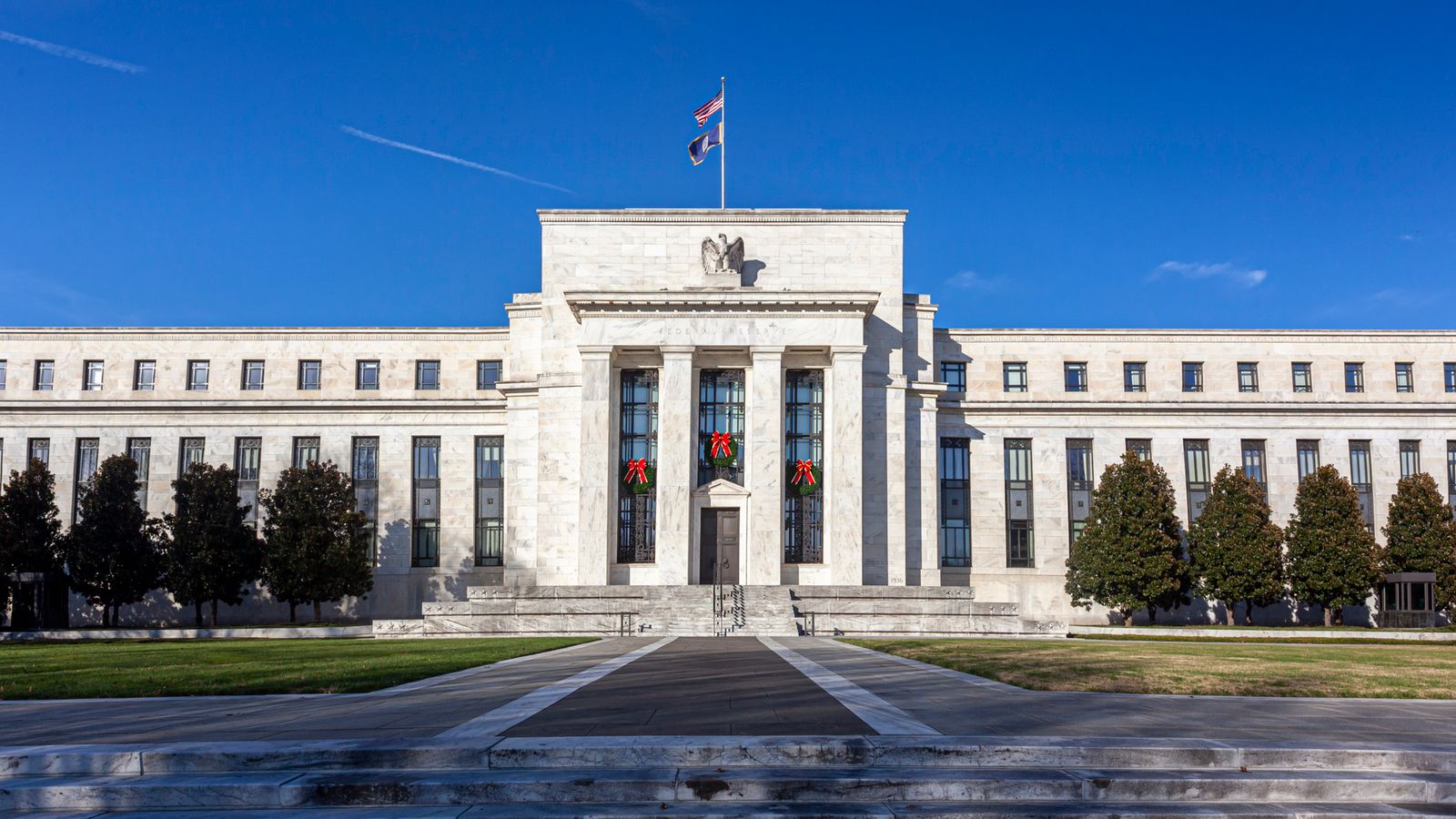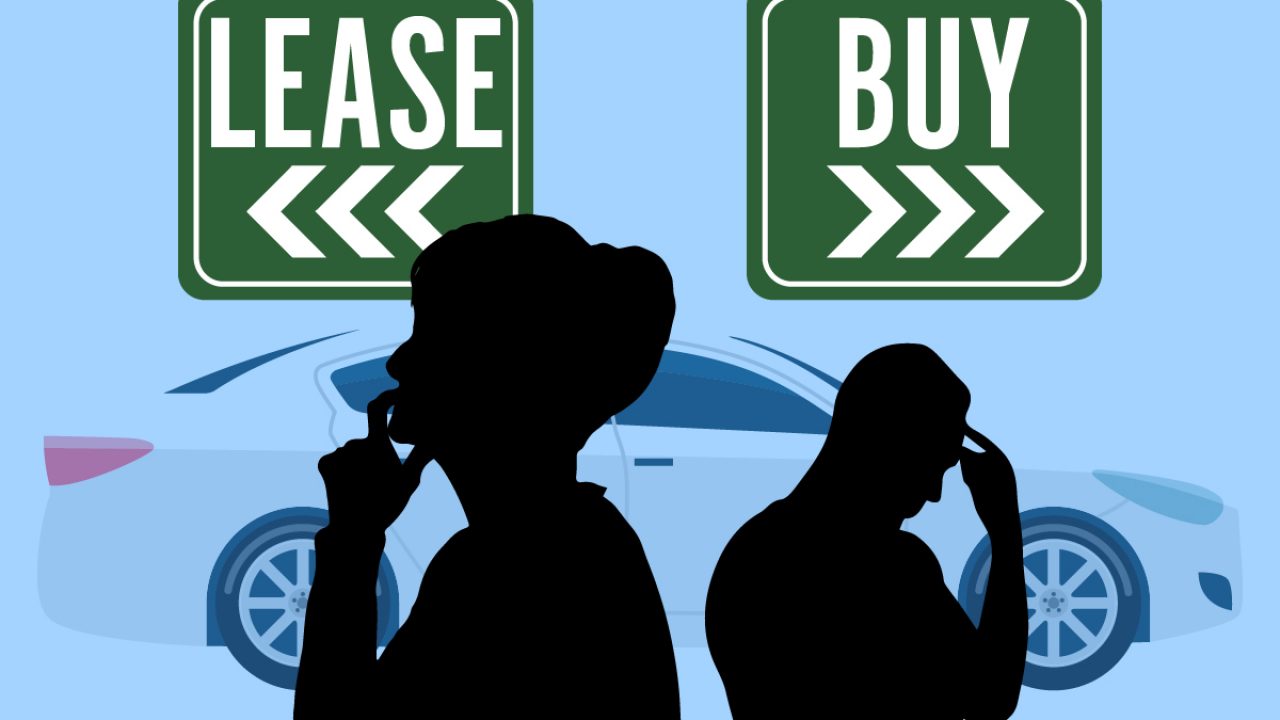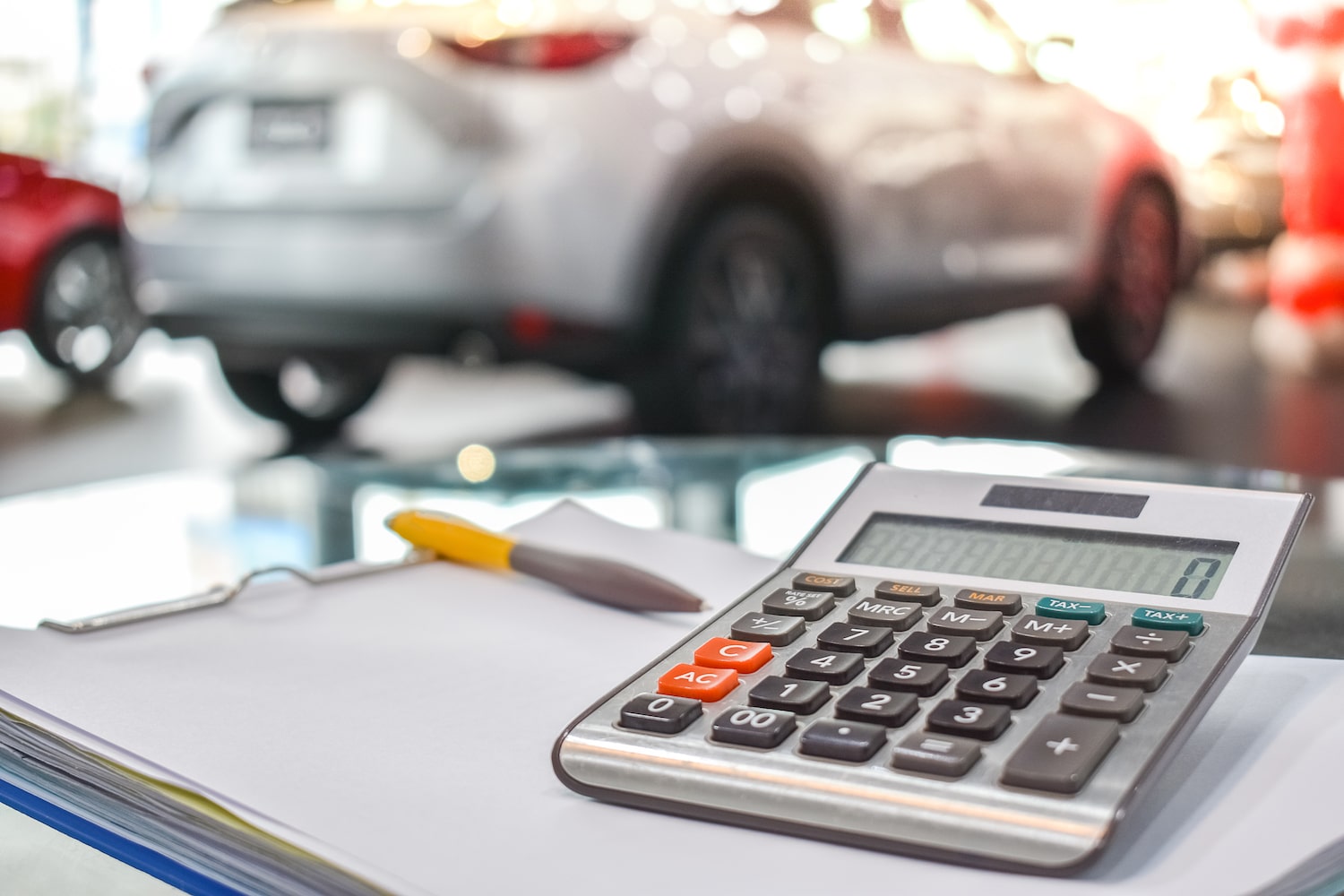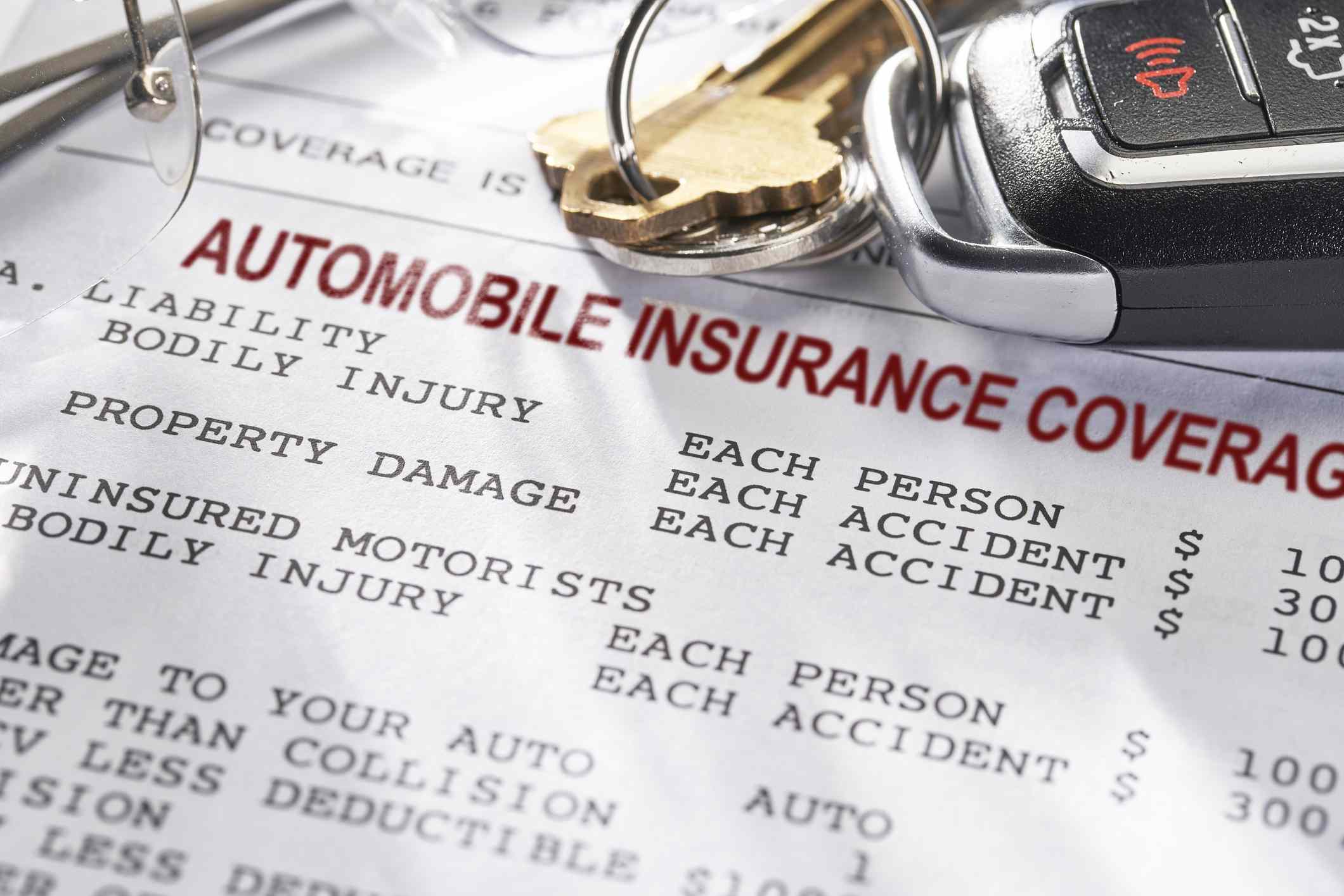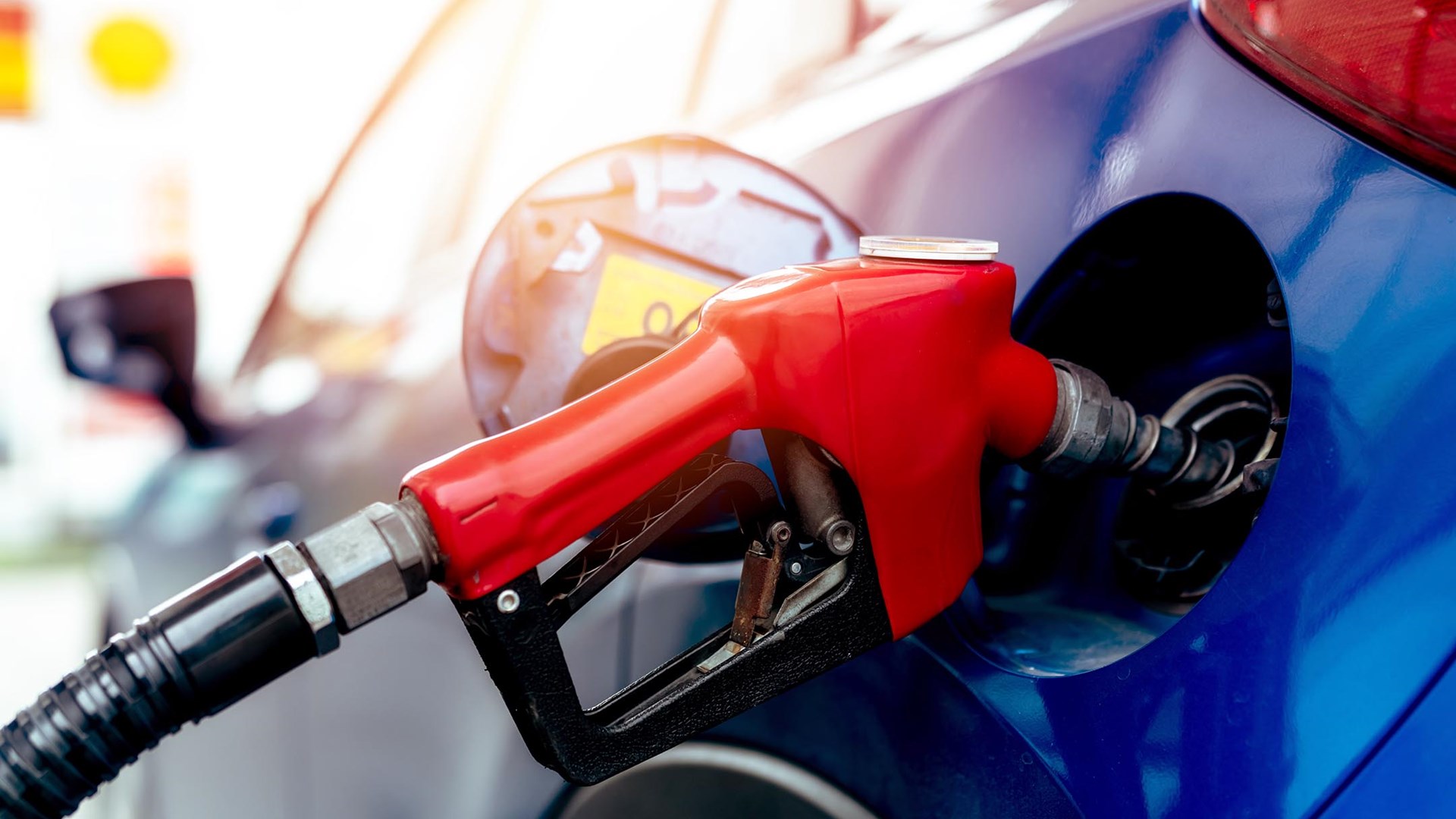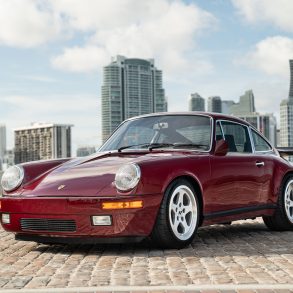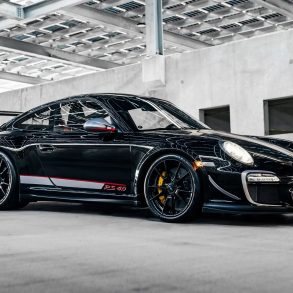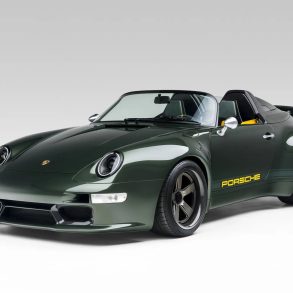The inflation rate in the US rose as high as 8.6% in May, a level not seen since 1981. Surging food, energy and gas prices continue to pressure an economy already weakened by the COVID-19 pandemic and, more recently, the ongoing Russian-Ukraine conflict.
Via Sky News
The US Federal Reserve only recently announced the biggest rate hike since 1994 in a bid to curb consumer spending and regain some form of control over the economy. It is the third rate increase this year. There will be three more before the year runs out, underscoring the severity of the situation.
One of the biggest culprits of the current inflationary trend is the automobile sector. Inventory constraints, a direct consequence of the global semi-conductor chip shortage and supply chain issues, coupled with robust consumer demand, have helped push vehicle prices to record highs. The 992-gen Porsche GT3 for example has a current MSRP of $169,700; that’s a hefty $8,600 increase compared to its 2021 price. The situation is relatively unchanged whether you are in the market shopping for a new or used vehicle. Consequently, the path to vehicle ownership has taken on a new level of importance. It triggers the age-long debate about whether to lease or buy a vehicle – and the various considerations under each option.
Revisiting the Leasing vs Buying Equation
Under a leasing agreement, you only pay for the portion of the car you use over a pre-determined period of time. Leasing a car essentially allows you to drive a new vehicle without ownership rights. Buying, on the other hand, involves the transfer of ownership rights. Those rights are either passed on to a lender (where the vehicle is financed) or to the direct consumer (for an outright purchase).
A customer who is in the market for a Porsche Taycan, for instance, has to decide between buying and leasing. Making that decision can be tricky and involves finding the right balance after considering several underlying factors. A lease typically has lower monthly payments and gives the client an option to buy the vehicle at the end of the term or trade it in for a newer car. Buying through financing involves higher monthly costs, but there is more freedom of use, and you own an asset at the expiration of the loan tenor. Even with this distinction, making a final decision is not straightforward, especially with the new market realities introduced by inflation, rate hikes and supply issues.
Via CarProUSA
Deciding to finance a purchase by securing an auto loan would involve a critical look at the implications of the interest rate hikes. Lenders will invariably react to the decision of the US Federal Reserve by making loans more expensive. However, this may not lower car prices, at least in the short term. There’s a simple reason for that: the supply chain crisis, not cheap credit, is the primary force driving vehicle prices.
Automakers are struggling to meet demand due to the global chip shortage. They have mostly been dealing with this by focusing on the more profitable higher-end models with larger profit margins at the expense of the entry-level trims. Until this issue is resolved, prices, especially for new cars, are unlikely to trend downwards. It simply means buyers who go down the financing route will have to contend with steep interest rates and, by implication, higher monthly payments.
On the surface, it makes leasing seem like the more appealing option. There are no principal payments, meaning the monthly payments are lower, consisting only of interest payments and the cost of depreciation. However, leasing does have its drawbacks. There are mileage restrictions specified in the lease contract, and you may be penalized if you exceed pre-determined limits. You may also incur excess wear-and-tear charges if it’s determined that the vehicle is not in ‘good’ condition at the end of the lease period. Crucially, leasing may end up costing even more than taking out an auto loan because you are paying for the car when it is most rapidly depreciating.
Looking beyond the purchase options
It is not just about answering the question of whether to lease or finance. There are other cost elements that the potential buyer will need to consider even as he is deciding between the options to acquire a new vehicle.
Insurance
Via Investopedia
Now, whether you are leasing or financing, insurance typically involves adding comprehensive and collision coverage to your policy. That consideration ties in with other factors that influence insurance premiums. There are the “usual” factors, such as your car make/model, whether or not it is leased or financed, your annual mileage, and use-case specific factors, such as your expected show or track use. Actuaries have a model for just about everything!
Fuel
Via Autotrader
Americans are paying more than ever before to fill up at the gas pumps, with gasoline prices recently peaking at $5 per gallon. Gas fill-ups have always been an essential component in calculating a vehicle’s running costs. Now, with these prices, they will even be more important in determining the overall costs of owning a car and can directly influence decisions such as the make or model of vehicle to acquire.
Maintenance
You are typically responsible for maintaining the vehicle according to the owner’s manual specifications (except you have a full-maintenance lease which will then be reflected in the monthly payments). In this era of rising prices, this factor may tilt the potential customer in the direction of vehicle brands with a reputation for reliability or at least one with readily available spare parts.
Making a final decision
Ultimately, there is no ‘one-size-fits-all’ approach to buying a car. The ideal option will vary from customer to customer. For example, a ‘work-from-home’ person may place the allure of driving a brand-new premium vehicle over all other considerations, in which case leasing may be the answer. Another may not want to be shackled by mileage restrictions and decide instead to take out an auto loan on the path to fully owning the vehicle down the line.
In any case, we recommend that you only make a decision in your best financial interests, carefully weighing all available options in partnership with subject-matter experts.


